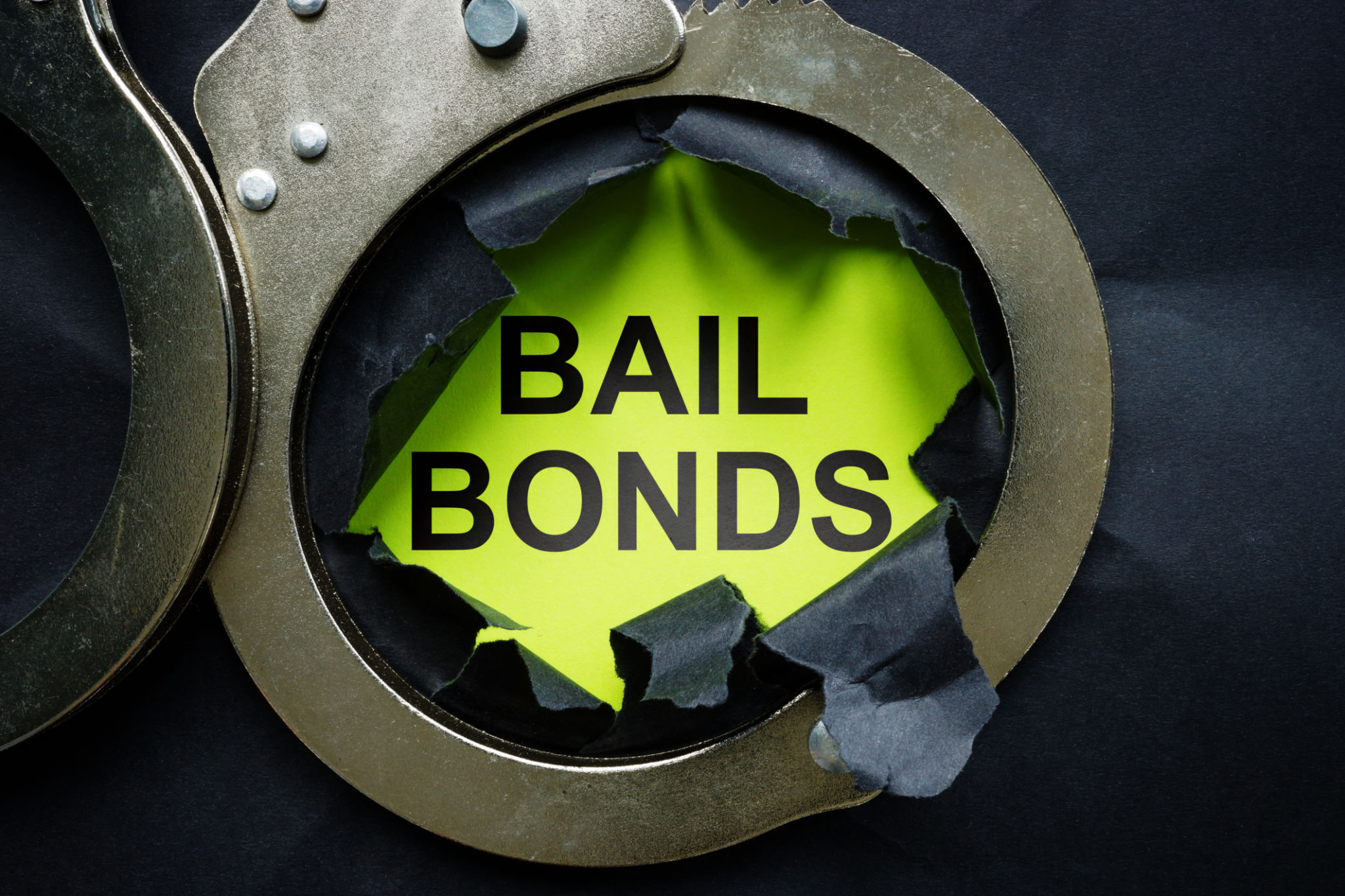Navigating the Bail Process in Charlotte: A Step-by-Step Guide
RW
Understanding the Bail System in Charlotte
Navigating the bail process can be a daunting experience, especially if it's your first time dealing with the legal system. In Charlotte, as in other parts of the United States, the bail process is designed to ensure that an accused person returns for their court appearances while remaining free before trial. Understanding each step can help alleviate some of the stress and confusion that comes with it.
Bail is essentially a financial guarantee that the accused will appear in court. When someone is arrested, a judge will set a bail amount based on various factors, including the severity of the offense, the defendant's criminal history, and their ties to the community. It's important to remember that bail is not a fine; it is refunded or forgiven as long as the defendant complies with court appearances.

Step-by-Step Guide to the Bail Process
Step 1: Booking and Initial Appearance
After an arrest, the individual is taken to a local police station for booking. During this process, personal information and fingerprints are collected. An initial appearance in front of a judge is typically scheduled within 24 to 48 hours. At this hearing, the judge will formally charge the defendant and set bail.
For minor offenses, bail may be predetermined based on a schedule, allowing for immediate release after booking. However, for more serious charges, a judge's assessment is necessary to determine an appropriate bail amount.
Step 2: Posting Bail
Once bail is set, there are several ways it can be posted. The most straightforward method is paying the full bail amount in cash directly to the court. If this isn't feasible, defendants can opt for a bail bond service. A bail bondsman typically charges a non-refundable fee, usually 10-15% of the total bail amount, in exchange for posting bail on behalf of the defendant.

Bail can also be secured through property bonds or a release on personal recognizance (ROR), where the defendant signs a written promise to appear in court without having to pay bail.
Step 3: Conditions of Release
Upon release, the defendant must adhere to certain conditions set by the court. These conditions may include regular check-ins with a pretrial officer, travel restrictions, or attending specific programs. Violating any of these conditions could lead to bail being revoked and the defendant being taken back into custody.
Preparing for Court Dates
After being released on bail, it is crucial to prepare for upcoming court appearances. This involves not only legal preparations but also ensuring compliance with all conditions of release. Failing to appear in court can result in forfeiture of bail and additional charges.

Working with an experienced attorney can provide guidance throughout this process. They can help navigate legal complexities and represent your interests effectively in court.
Conclusion
The bail process in Charlotte can seem overwhelming, but understanding each step and seeking professional assistance can make it more manageable. By knowing what to expect and preparing accordingly, defendants can focus on their defense while maintaining their freedom before trial.
If you or someone you know is facing arrest in Charlotte, remember that understanding your rights and options is crucial. Consult with legal professionals and consider all avenues for posting bail to ensure compliance with court requirements and protect your freedom.